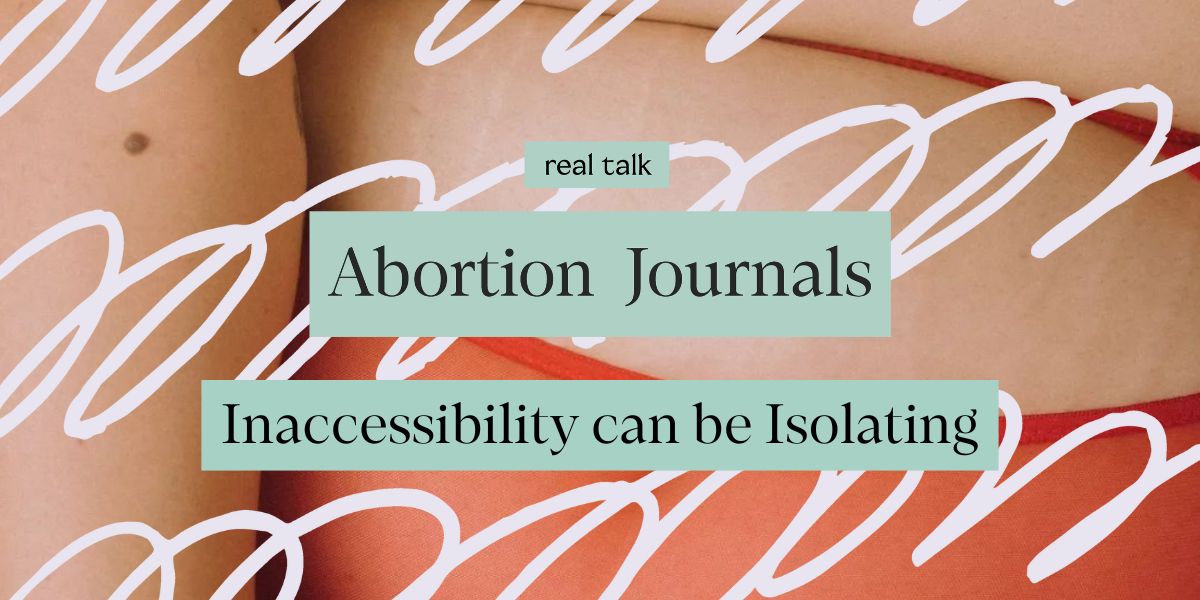The first trimester of pregnancy, explained

Everyone’s pregnancy journey looks different. The first trimester of pregnancy is when you’re adjusting to your changing body, hormones, and experiences. The most important thing you can do is educate yourself on what to expect and remember that you are not alone. Stix is here to help you do that.
What is the first trimester of pregnancy?
Weeks 1-12 of pregnancy are known as the first trimester, beginning on the first day of your last period and ending at the end of the 12th week of pregnancy. Most people discover that they are pregnant between weeks 4-7 after conceiving, so it’s likely you’ll go through half of the first trimester without even knowing!
Following the first three months is the second trimester and the third trimester. The second trimester takes place between weeks 13-26 of pregnancy, and the third trimester is from weeks 27-40 until the baby is born.
How to know if you’re pregnant
The only definitive way to know you are pregnant is by taking a pregnancy test and consulting a doctor. However, there are some early signs that indicate you may be pregnant. You may experience a late period, light bleeding or spotting, cramps, tender breasts, or fatigue early on in your pregnancy. These symptoms can vary from person-to-person and are not a sure indicator of pregnancy. If you are experiencing these symptoms and want to take a pregnancy test, check out our pregnancy test for 99% accurate results.
pregnancy-tests
Baby during the first trimester of pregnancy
While it’s not obvious on the outside, the baby grows faster during the first trimester than any other part of pregnancy. That’s why it’s suggested to start taking prenatal vitamins one month before trying to conceive, not just after you find out you’re pregnant. The egg becomes fertilized by the sperm cell at the end of week two, which is the moment the baby’s sex is determined, too. At around six weeks into the first trimester, the baby starts developing bones, hair, and nails. A lot of development happens sometime around the eighth week of pregnancy including the digestive system, eyesight, sense of touch, and brain.
Body during the first trimester of pregnancy
During the first trimester of pregnancy, it’s unlikely that anyone will be able to tell you are pregnant. In fact, a lot of parents wait until the end of the first trimester to announce the news to their friends and family. This is mostly due to the fact that 80% of miscarriages occur in the first trimester when the baby experiences the most development.
You will be able to notice physical changes to your body, such as swollen breasts, nausea, and increased urination. A lot of pregnant people notice strong cravings during the first trimester, while others experience taste aversions. These changes all have to do with the new hormones living in your body that help supports the growth of your baby. To help support your baby’s development, be sure you are getting enough protein, folic acid, calcium, and iron.prenatal-multi-dha
The first trimester is also when your mucus plug forms. The mucus plug works by sealing off the uterus and protecting it from infection, formed in the opening of the cervical canal. While you won’t notice a bump until the second trimester, you might notice weight gain as your body needs enough nutrients and energy to support both you and your growing baby.
How to take care of your body during the first trimester
Taking care of your body when you’re not pregnant is hard enough. Taking care of your body during pregnancy is especially hard, but very important. First things first, prenatal vitamins are a must. Prenatal vitamins are supplements made for pregnant people to give their bodies the vitamins and minerals their bodies need. They can be bought over the counter at any drug store, but talk to your primary care physician about which will work best for you.
Other than prenatal vitamins, maintaining a healthy and balanced diet and staying active is important during the first trimester. Research suggests that your body will need about 300 calories more than usual a day, so make sure you’re eating lots of fruits and vegetables and drink a lot of water.
Hormones and mental health during the first trimester of pregnancy
With pregnancy comes lots of new hormones. Many experience mood swings, depression, stress, and not feeling like themselves during the first trimester. These changes in mood are due to the significant changes in your hormone levels affecting your neurotransmitters. Specifically, the estrogen and progesterone levels soar during the first 12 weeks of pregnancy, directly affecting your serotonin levels. Whatever you’re feeling, remember that you’re not alone and it’s all part of the learning curve.
No matter what your pregnancy journey looks like, Stix is here to support you every step of the way. For more like this, head to the Stix Library or send your questions to hello@getstix.co.
Keep Reading

Why prenatal vitamins are important for prenatal development
Mar 8

The second trimester of pregnancy, explained
Jun 23

The third trimester of pregnancy, explained
Jun 24










